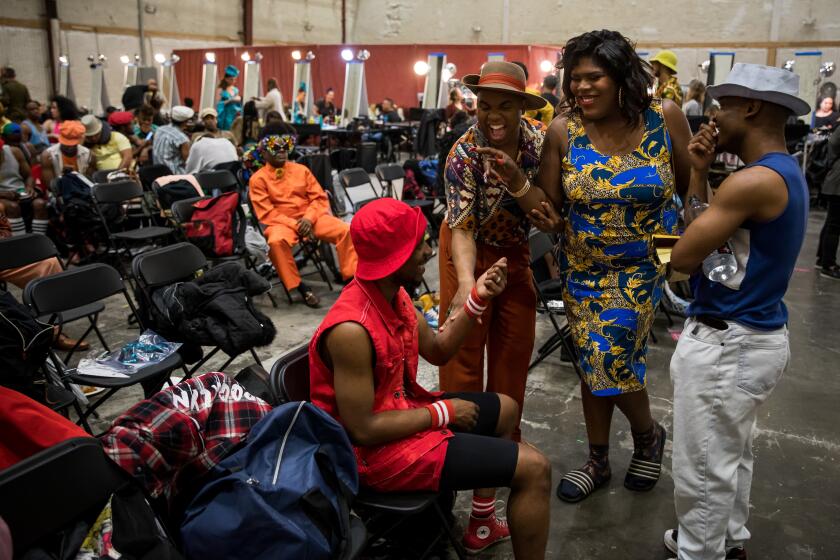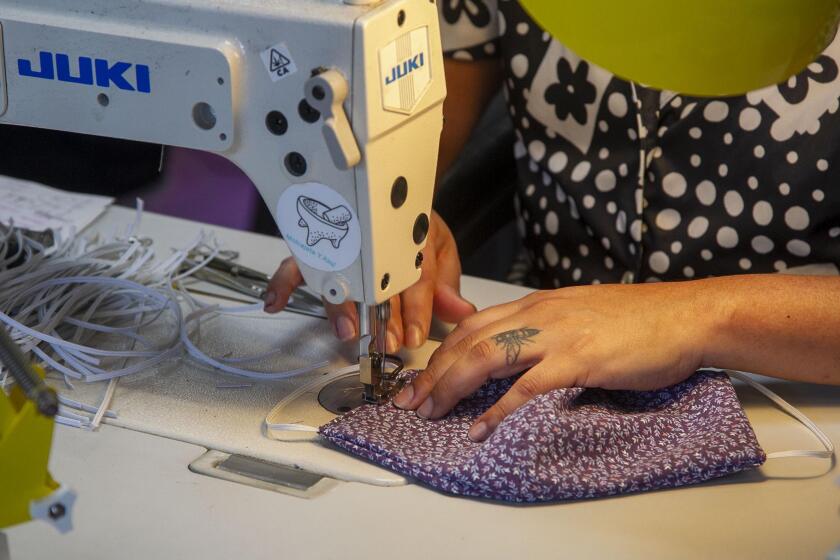Wedding-related jobs and side hustles are coming back

The COVID-19 pandemic put the kibosh on big gatherings, which decimated the 2020 wedding season. But with vaccination rates rising, long-delayed ceremonies are being scheduled. That opens up a wealth of side hustles.
These gigs run the gamut from providing photography, videography and DJ services to doing hair and makeup. They also involve making custom invitations and wedding keepsakes.
Of course, with many of these side hustles offering up-close and personal services, it may make sense to mention your vaccination status and inquire about the status of your clients and the ground rules of any events you’d attend. After suffering through a year of isolation in the interest of safety, it makes little sense to accidentally put yourself at too much risk during the U.S. outbreak’s gun lap.
That said, here are several ways you can profit from wedding season.
Photography
Wedding season presents plenty of opportunities, from casual engagement shoots to formal wedding photos.
Sites such as Instagram, Pinterest, Facebook and Nextdoor are free tools to market your availability.
Another helpful site is Snapped4U. It’s specifically designed for event and portrait photographers, who may have many people who want to buy prints. It lets you create a photo gallery and provide a link that brides and grooms can provide to their nearest and dearest — or even post on their wedding website — for anyone who wants professional photos from the event.
Photographers pay a $10 registration fee to set up a Snapped4U account and pay a 10% commission when their photos sell.
Extras don’t get film credits or lines. But they can get union wages, meals and perks — such as getting to read novels or work on their side gigs while on the job.
Cosmetology
Manicurists, hairdressers and makeup artists can make a small fortune working with wedding parties, which often book makeovers for multiple clients on the day of the event.
A site called Priv, formerly known as BeGlammed, connects cosmetologists who are willing to travel with customers prepping for weddings, television appearances or other special events. Since the site charges customers $50 to $175 per hour and passes 60% to 80% to the cosmetologist who does the work, cosmetologists earn between $30 and $140 per hour.
Mementos
Weddings also spur the purchase of a slew of mementos and keepsakes. Whether it’s selling matching earrings for bridesmaids or favors for guests, creators of jewelry, crafts or custom T-shirts have multiple ways to cash in on wedding season.
For handmade items, Etsy is the best place to market. You determine what you want to sell, set the prices and bear the costs of producing and shipping. The site charges a small listing fee and takes roughly 8% of your gross income in commissions and processing fees. In return, Etsy draws hundreds of millions of potential customers each month.
If you want to create the design but don’t want to manufacture it, you’re best served with print-on-demand sites such as Society6 and Redbubble. You make designs that can be printed on stickers, clothes, bags, mugs, accessories and more, upload the designs and earn a commission on each sale. The sites manufacture and mail the items for you.
Artists, designers, and cooks have found unexpected opportunity — and profits — in pandemic life, with lessons for every entrepreneur.
Stationery
Weddings demand a plethora of paper products. Couples send out engagement announcements, save-the-date cards, invitations and thank-you notes.
Want to design custom cards for these events? Etsy, Zazzle and Minted enable artists to create unique cards and invitations and earn money on every sale. However, each site works differently.
While Etsy expects you to make and mail your own goods, Zazzle is a print-on-demand site that allows you to upload your designs and have Zazzle make the products. Zazzle sets the prices and handles manufacturing and shipping, paying you a royalty on sales of items that bear your designs.
Minted requires artists to win a design contest to open a store on the site. If you win a design contest, you’ll get a cash payment as your prize and the ability to create your own Minted store. Minted will make and mail the items you sell there, paying you a 6% royalty on each sale. Note that when you sell a design through your Minted store, you give up the right to sell that design anywhere else.
Bands, DJs and videographers
Free social media sites may be the best place to list availability of your band, DJ services or videography side hustle. That’s mainly because entertainment listing sites are often so expensive, they make sense only for full-time entertainers.
Consider the Bash, a sister site to the Knot. The site charges between $299 and $499 per year to list your service. If you book a gig, it charges an additional 5% commission.
GigSalad charges $359 to $479 per year, plus a small commission, to list your service.
If you manage to book multiple lucrative gigs through these sites each year, the listing fees are worth the cost. But if your availability is limited or your rates are low, these fees can prove prohibitive.
There’s a plethora of side jobs for food lovers, including food photography and reviews, offering cooking classes, and working at restaurants, bars and — eventually — events.
Party venues
A less obvious side hustle for wedding season is to rent out your space for engagement parties, bridal showers, rehearsal dinners or day-after parties.
Half a dozen sites, including Peerspace, Splacer, Thisopenspace and Avvay, enable you to list your home or garden as an event venue. Rates range from $50 to more than $500 an hour.
Aside from making sure your space is clean, you don’t do the work when you list through these sites. You simply provide the venue and set the rules, such as the type of events you’re willing to host, maximum attendance, noise restrictions and hours of availability. Be sure to get a deposit for any potential damage to your property, though. And discuss the rental with your insurance agent to make sure you’re covered for liability.
Kristof is the editor of SideHusl.com, an independent site that reviews hundreds of money-making opportunities in the gig economy.
More to Read
Inside the business of entertainment
The Wide Shot brings you news, analysis and insights on everything from streaming wars to production — and what it all means for the future.
You may occasionally receive promotional content from the Los Angeles Times.










